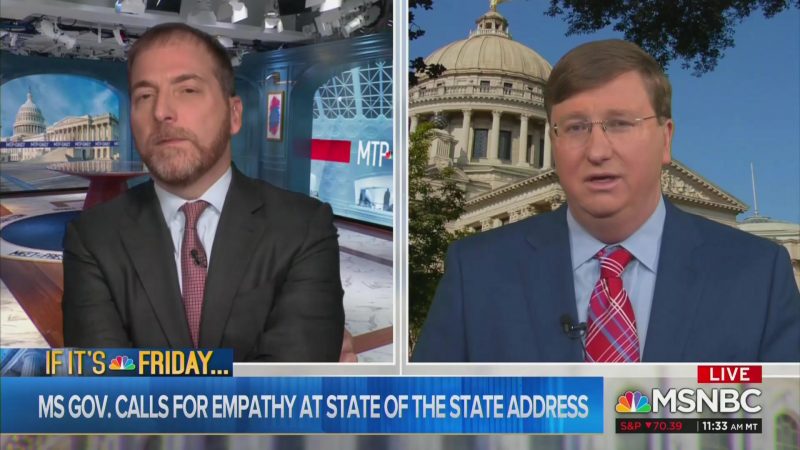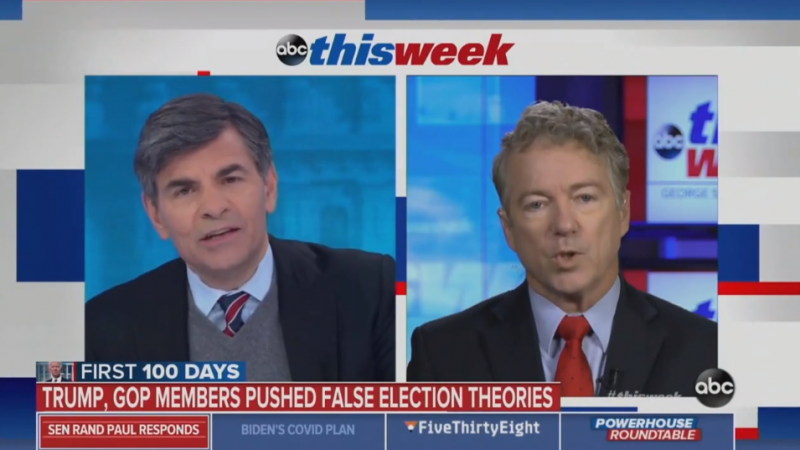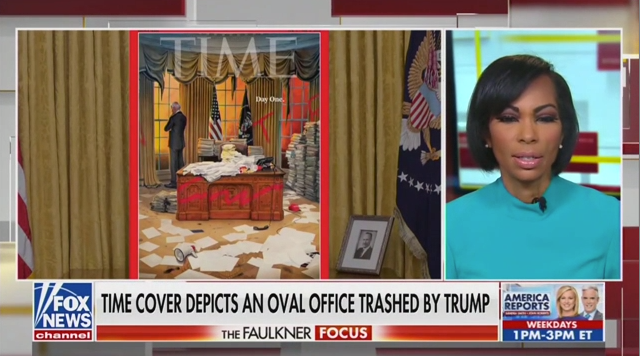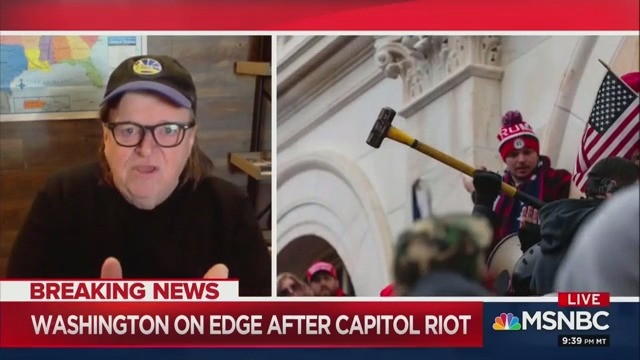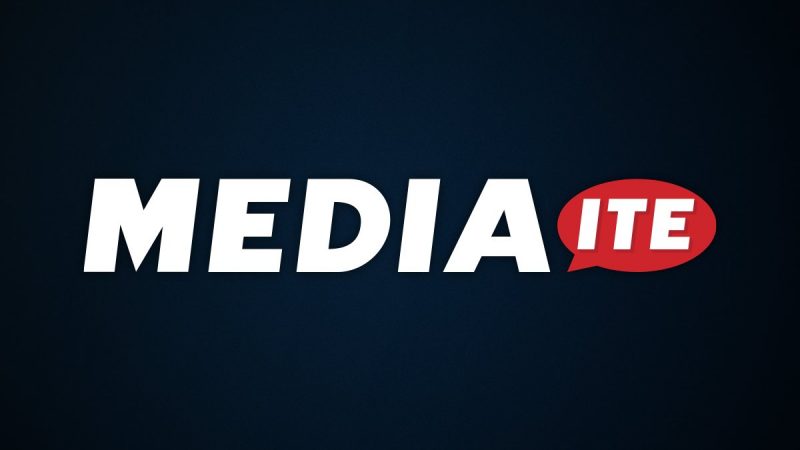Jill Abramson Won’t Own Up To Plagiarism, Blames Controversy On Vice ‘Oppo Campaign’
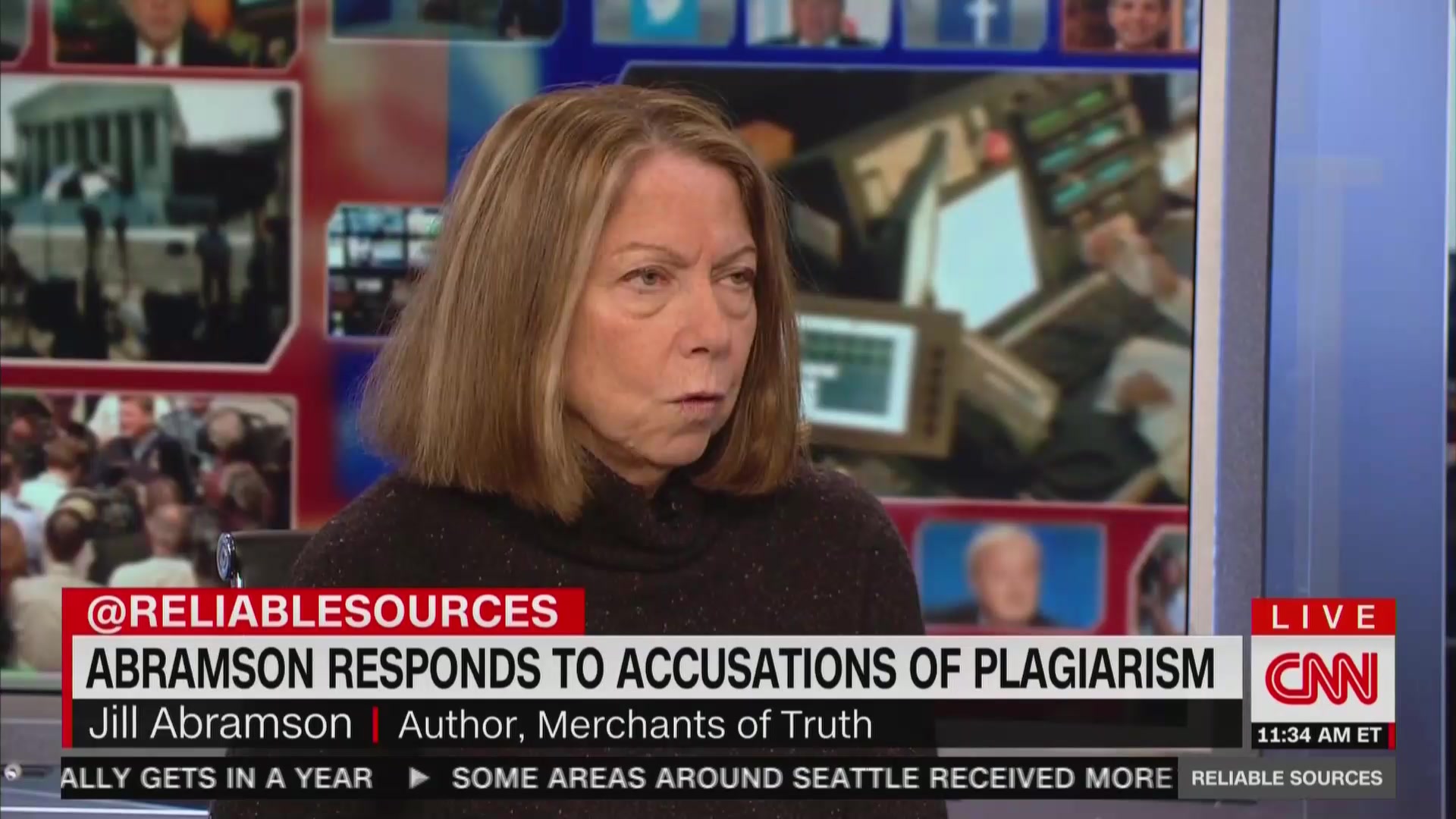
Defending her new book Merchant of Truth from accusations of plagiarism, former New York Times executive editor Jill Abramson repeatedly denied that she plagiarized passages from other outlets and publications while blaming the controversy on a targeted opposition research campaign waged by a news site she was critical of in the book.
Appearing on CNN’s Reliable Sources to discuss the allegations, Abramson immediately dismissed the specific instances found in Merchants of Truth showing that text was lifted directly from other sources without attribution.
“It would meet the Times’ definition of things that should be promptly corrected and sometimes,” she told host Brian Stelter when asked if those examples were textbook plagiarism. “You know, a quote isn’t attributed correctly in the newspaper and that’s corrected. That’s what I have endeavored to do here.”
The CNN senior media correspondent pushed back against Abramson’s attempts to paint these instances as footnote mistakes and attribution errors, noting that the examples meet the “Harvard definition of plagiarism” and she actually teaches at Harvard. He also pointed out that if he had ever done this even by accident while at the Times, he would have gotten into trouble.
After brushing off the issue some more, Abramson was asked if she found it ironic that the person who first pointed out these instances was a Vice reporter, considering that she’ll be at the Newseum later this week to discuss how media is dealing with the digital revolution.
“I don’t find it ironic because I had been given a heads up before the book was published that Vice was very likely sort of waging an oppo campaign against the book,” she replied.
“An oppo campaign?” Stelter remarked, clearly taken aback by her assertion.
“Yeah, an oppo campaign,” Abramson declared. “Other characters in the book were approached by them. So I wasn’t surprised. This is what surprised me though. I gave Vice from the earliest point the — the actual manuscript pages, my little typed manuscript pages for all three chapters of Vice. I gave them way over a month to pore over it.”
She went on to say that they had some “elaborate back and forths” but then didn’t “hear from them for the longest time” until the galley copy came out. Additionally, Abramson said that “it seems to me like something’s up here,” claiming that it is likely due to her portrayal of the company in her book.
“So you can never tell, but I was not surprised,” she concluded.
Following his interview with Abramson, Stelter brought on Michael Moynihan, the Vice reporter who publicly shared the examples of plagiarism last week. Reacting to her accusation of an “oppo campaign,” Moynihan said he doesn’t know “how one would do that” when it comes to plagiarism.
“Did I break into the printing plant?” he asked. “Did I hack the PDF file? The plagiarism is there whether or not my motivations are ill or not.”
Watch the clip above, via CNN.

